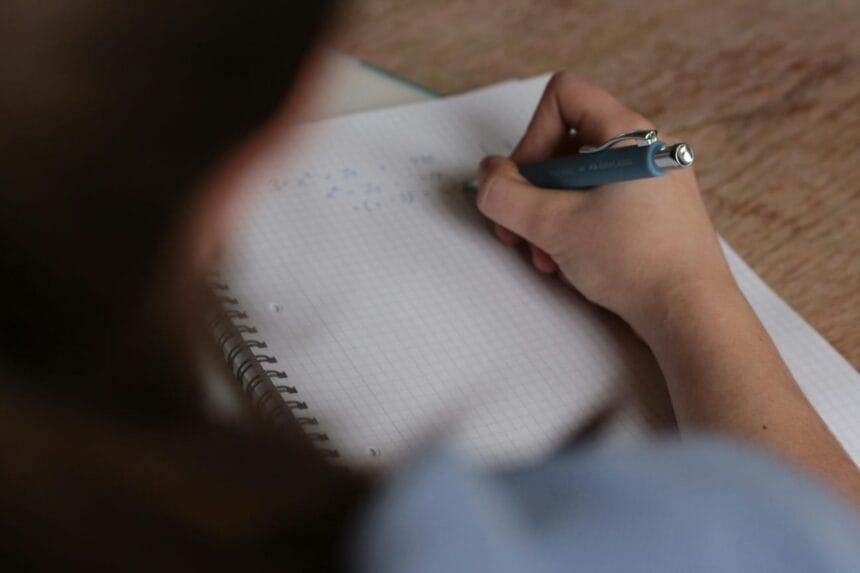Students who want to enroll in undergraduate medical programs in India, such as MBBS (Bachelor of Medicine and Bachelor of Surgery), BDS (Bachelor of Dental Surgery), and other comparable programs, must pass the National Eligibility cum Entrance Test (NEET). Here is a thorough analysis of the different NEET test components.
NEET: What is it?
The National Eligibility cum Entrance Test is known as NEET. In India, students must pass this test in order to be admitted to medical and dentistry schools. NEET assesses your understanding of topics including biology, chemistry, and physics.
Exam Details
Date: May 5, 2024, is the date of the 2024 NEET exam.
The test takes three hours and twenty minutes to complete.
Mode: You will write your responses on paper because this test is pen-and-paper.
Languages: The test is available in 13 different languages, including Hindi, English, and others.
The exam’s syllabus includes topics like biology, chemistry, and physics that you learned in classes eleven and twelve.
Exam Pattern
Effective preparation requires an understanding of the NEET test format. This is a straightforward breakdown:
Total Questions: There are 200 multiple-choice (MCQ) questions in the test. But you only have to respond to 180 of them.
Marking System: For every right response, you will receive four points. On the other hand, one mark will be subtracted for each wrong response.
Sections: There are four sections in the test: chemistry, physics, botany, and zoology.
NEET Eligibility
Candidates must be at least 17 years old by December 31, 2024, in order to be eligible. 25 is the upper age restriction (30 years for restricted groups).
Candidates must be enrolled in or have finished Class 12 (or its equivalent) with a focus on English, physics, chemistry, biology, or biotechnology. In the Physics, Chemistry, and Biology (PCB) group, they need to receive at least 50% of the possible points (40 percent for restricted categories).
Registration for the Application Process
Usually, the application process begins in December. Applicants must complete their academic and personal information on the official NTA NEET website.
Cost Payment: Debit/credit cards, net banking, or UPI can all be used to pay the application cost online.
Required papers: Scan copies of the candidate’s passport-sized picture, signature, left thumb impression, and other required papers must be uploaded.
Tips for Preparation
Study Plan: Make a thorough study schedule that addresses every subject in the curriculum. Set aside certain times for every subject and follow the schedule.
Practice: It’s essential to regularly practice using past years’ question papers and mock exams. This facilitates efficient time management and a grasp of the exam format.
Revision: It’s crucial to periodically review key ideas and equations. Concentrate
Result and Counseling
Findings and Guidance Findings: Typically, NEET results are released in June. By inputting their roll number and other information, candidates may view their results on the official NTA NEET website.
Counseling:
Candidates are invited for counseling based on their NEET results. For 15% of the All India Quota seats, the Medical Counseling Committee (MCC) conducts the counseling, while for 85% of the state quota seats, the appropriate state authorities do so. Based on their ranks and the number of seats available, applicants can select the universities and courses they want to take during counseling.









